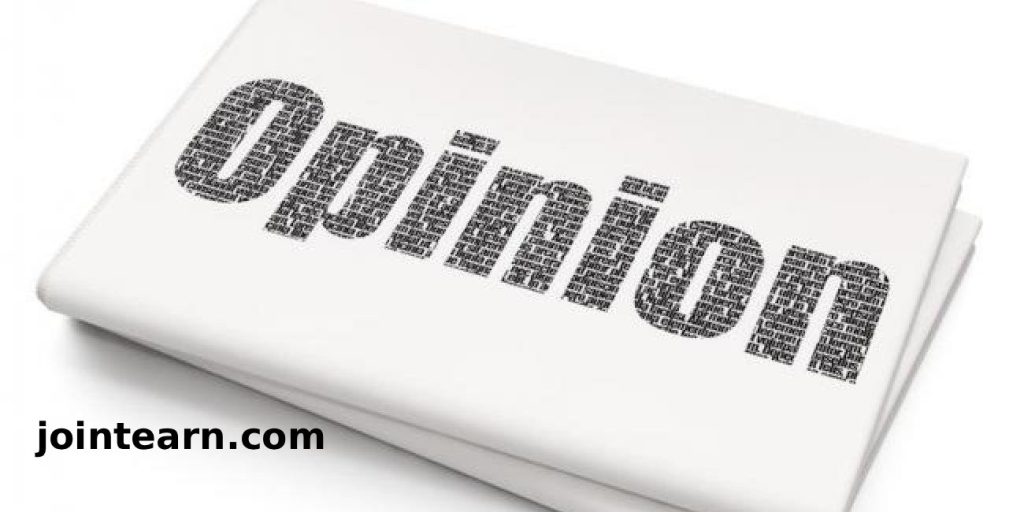
The recent online spat between industrialist Cosmas Maduka and micro-celebrity Cubana Chief Priest over the phrase “Money Na Water” is more than a debate about spending habits—it’s a clash between two economic realities: old money grounded in tangible assets, and new money thriving on visibility and influence.
Maduka, founder of the Coscharis Group, rose from hawking on the streets of Jos to building an automotive empire. To him, wealth is concrete, measurable, and rooted in factories, distribution networks, and long-term value creation. “Money Na Water,” he suggests, represents a mindset at odds with decades of disciplined accumulation, investment, and productivity. In Maduka’s worldview, money is a tool for building and sustaining real value, and reckless spending is not just frivolous—it’s alien.
Cubana Chief Priest, by contrast, epitomizes a different kind of capital. His wealth is social and symbolic, derived from attention, influence, and performative visibility on Instagram. Frivolous spending, spraying cash, and public displays of luxury are strategic investments in brand equity, designed to attract followers, endorsements, and cultural relevance. Here, the public show of wealth is the engine that sustains his economic model; it is not waste but a calculated move in the attention economy.
This controversy highlights a deeper tension between two models of wealth. Old money—the factory floor—offers durability and measured growth but can be slow to adapt. New money—the Instagram feed—is fluid, fast-moving, and dependent on perception, yet highly vulnerable to shifts in public sentiment and digital algorithms. Each is powerful in its own right, but also limited when isolated.
Rather than choosing sides, Nigeria’s economic future may lie in the synergy of both worlds. Factory floors need the visibility and marketing power of digital platforms, while social media-based wealth ultimately depends on tangible goods and services for legitimacy. The real opportunity is cultivating entrepreneurs who can merge substantial, value-creating businesses with mastery of the digital attention economy.
The “Money Na Water” debate is thus more than a social media spectacle; it reflects a nation grappling with the evolving nature of capital in a digital age. The question for Nigeria is not whether money is water or brick, but whether the economy can mature to harness the strengths of both—building resilience without losing agility, and creating lasting value while leveraging the spectacle of influence. The stakes define the blueprint for the next generation of Naija hustle.


Leave a Reply